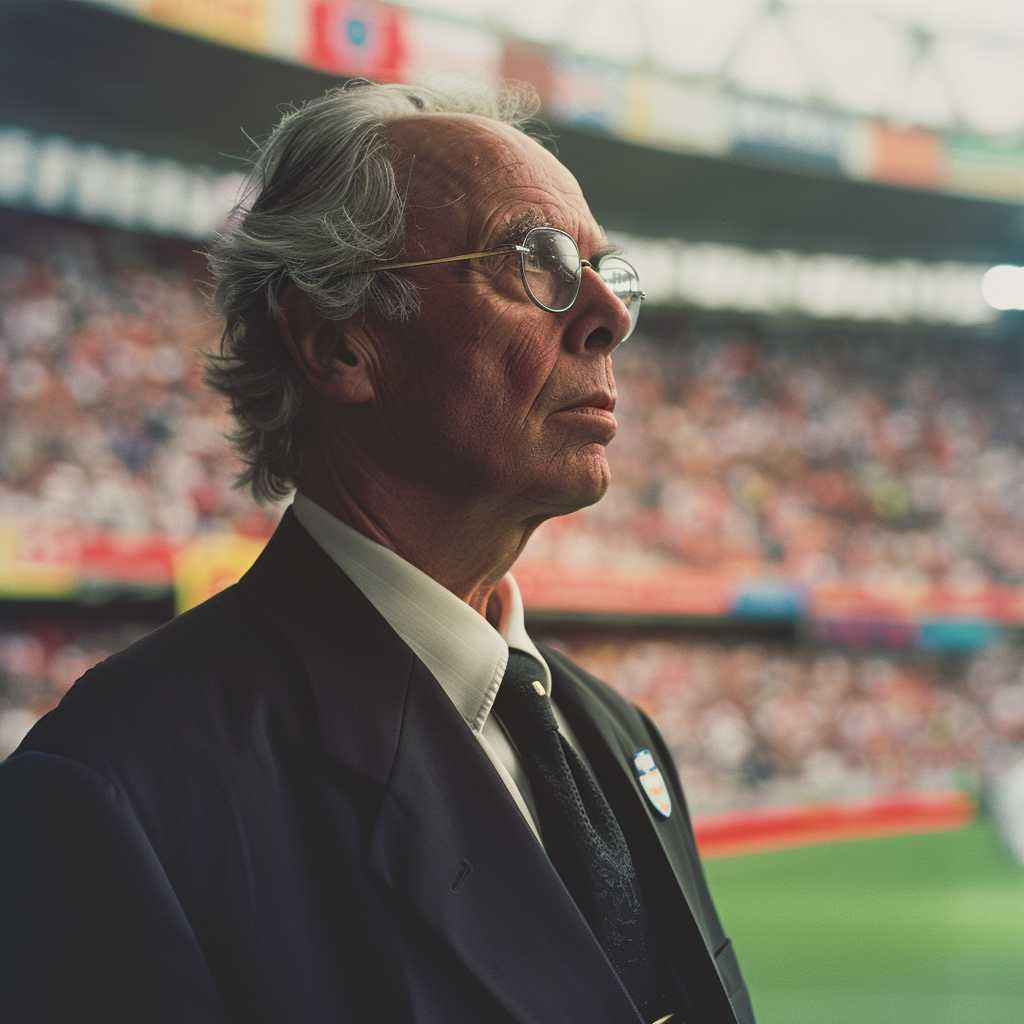The Life and Career of Sven-Göran Eriksson: A Comprehensive Look at the Renowned Football Manager
Sven-Göran Eriksson is a name that resonates throughout the football world, synonymous with a certain era of English football and denoting a substantial presence on the international management scene. His career has taken him across multiple countries, leagues, and national teams, highlighting his deep understanding of the game and his flexibility in adapting to different football cultures.
Early Days and Entry into Management
Eriksson’s journey began humbly in Torsby, Sweden, where he was born on February 5, 1948. A reasonable player in his youth, his transition into management came after injury cut short his playing career. Eriksson showed an early aptitude for coaching, starting with lower-division Swedish sides before his meteoric rise in the ranks of football management began.
During these formative years, Eriksson honed a pragmatic approach to football, focusing on solid defense and disciplined team structures, which became a hallmark of his teams throughout his career. His break came with bigger Swedish clubs like Degerfors IF, where he quickly established a reputation for improving team performance.
Rising Through the Ranks: Clubs and Achievements
Sven-Göran’s name started reverberating beyond Sweden’s borders during his successful stint with IFK Göteborg. He led them to multiple Swedish Championships and notably the UEFA Cup in 1982. This victory on European soil was definitive proof of his adept tactical prowess and starred him as one of Europe’s emerging coaching talents.
Italy’s Calcio And International Acclaim
His success in Sweden paved the way for a move to the prestigious Italian league, Serie A, first with Roma and later Fiorentina. However, it was at Sampdoria where Eriksson solidified his legacy in Italian football by winning the Coppa Italia. This opened doors to Lazio, where he enjoyed a period of unprecedented success, bagging several trophies including the Serie A title, Coppa Italia wins, a UEFA Cup Winners’ Cup, and a UEFA Super Cup.
The England Era: High Hopes and Controversies
In 2001, Eriksson was appointed as the first foreign manager of the England national team. There was much apprehension about this turning point for English football; however, Eriksson led the team to respectable performances in three consecutive major international tournaments: the World Cups of 2002 and 2006 and Euro 2004.
Despite achieving quarter-final finishes in each tournament, criticism of Eriksson revolved around perceived underachievement given the “Golden Generation” of English players at his disposal. Nevertheless, Sven’s tactical acumen was evident despite a failure to reach further stages. His tenure was also mired with media-driven controversies surrounding his personal life and contractual negotiations which eventually played a part in his departure from the England role.
Nomadic Management Path Post England
Post-England saw Eriksson adopt almost a nomadic managerial lifestyle, taking up various positions often in short stints that had varying degrees of success. He managed clubs including Manchester City in England, Mexico’s national team briefly, then moved across continents tackling assignments from Ivory Coast’s national team to clubs in China and India.
Later Years and Legacy
Presently, Sven-Göran Eriksson’s full-time managerial commitments have dwindled down; however, he remains connected to football through advisory roles and occasional punditry.
